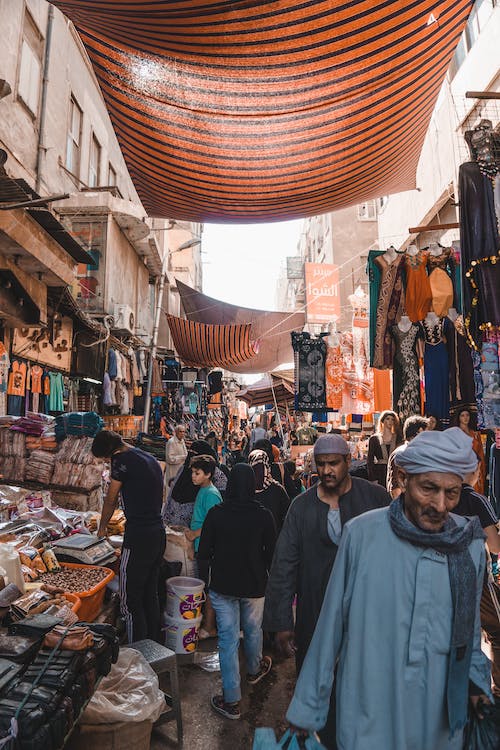Population ageing is happening at an unprecedented pace globally, with most older people projected to live in Low and Middle-Income countries, including the Middle East and North Africa (MENA) region. The UN Decade of Healthy Ageing provides a unique opportunity to raise awareness of the need for older people across the world. For countries and policymakers to adopt healthy behaviour and activities, it is a prerequisite to understanding the meaning of healthy ageing in different regional and cultural contexts and across different groups of older people. While these developments are promising, ageing in general, and healthy ageing, receive little policy and public attention in the MENA region due to competing policy demands and priorities. More importantly, the voices and perspectives of older people, and their families who provide most of the care and support they need, are seldom heard. To bring to the forefront these perspectives, the MENARAH network continues to engage with different stakeholders in the region in several ways and through various formats.
In late 2021, Professor Shereen Hussein secured funding from the London School of Hygiene and Tropical Medicine to engage with older people and their families in the MENA region to understand the factors necessary for promoting healthy ageing. The long-term impacts ensure that the MENARAH network plays a crucial role in shaping the region’s healthy ageing policy response and addressing future aspects of ageing and LTC in the region. More specifically, we are interested in:
- Identifying the meaning of healthy ageing behaviour from the perspectives of older people themselves in the region.
- Understanding the main facilitators and barriers to the uptake of such behaviour from the perspectives of older people, their informal carers and organisations supporting them.
- Identifying potential healthy ageing interventions that are cultural and gender-sensitive in the region.
- Communicating with key research, policy, and advocacy actors in the region on suitable strategies to promote healthy ageing interventions.
During a field visit to Cairo in February 2022, Professor Hussein met with Dr Omaima Madkhor, a clinical psychologist interested in healthy ageing based at Ain-Shams University in Cairo. Omaima has a wealth of psychotherapy, teaching, writing and research experiences formulated her approach: ‘The Scientist Practitioner. Omaima aspires to enhance older people and family awareness of the benefits of ensuring healthy living at old age and promoting self-care. She is particularly interested in using visual media to promote healthy ageing and behaviour. As part of her work, she created an accessible video (in the Arabic language) that provides valuable tips to maintain activities at old age.
Here is an example of Omima’s productions, do let us know your views and feedback:
Local efforts of clinicians and health care practitioners, like Omaima, are crucial in raising awareness and promoting healthy ageing behaviour among older people and their families in the MENA region. Clinical psychology approaches, especially cognitive behavioural therapy, provide essential tools to integrate critical public health messages in a simple format accessible to older people with different characteristics.
The engagement activities conducted by the MENARAH network as part of this grant involve a range of policy, healthcare and public dialogues and meetings. Outputs from this work will be shared during the second half of 2022. Our primary audiences are older people and informal carers in the MENA region to communicate their perspectives to international, regional, and national policymakers.
Founder and Director
Shereen Husseinis a Health and Social Care Policy professor at the London School of Hygiene and Tropical Medicine (LSHTM), United Kingdom.
Shereen Founded the MENARAH Network in 2019, through an initial grant from the Global Challenge Research Fund, UKRI. She is a medical demographer with expertise in ageing, family dynamics, migration and long-term care systems. Shereen regularly collaborates with the United Nations, the World Health Organisation and the World Bank in policy and research focused on ageing in the Middle East and North Africa Region.
Shereen received her undergraduate degree in statistics and a postgraduate degree in computer science at Cairo University. She completed an MSc in medical demography at the London School of Hygiene and a PhD in quantitative demography and population studies at the London School of Economics and Political Science, United Kingdom.



